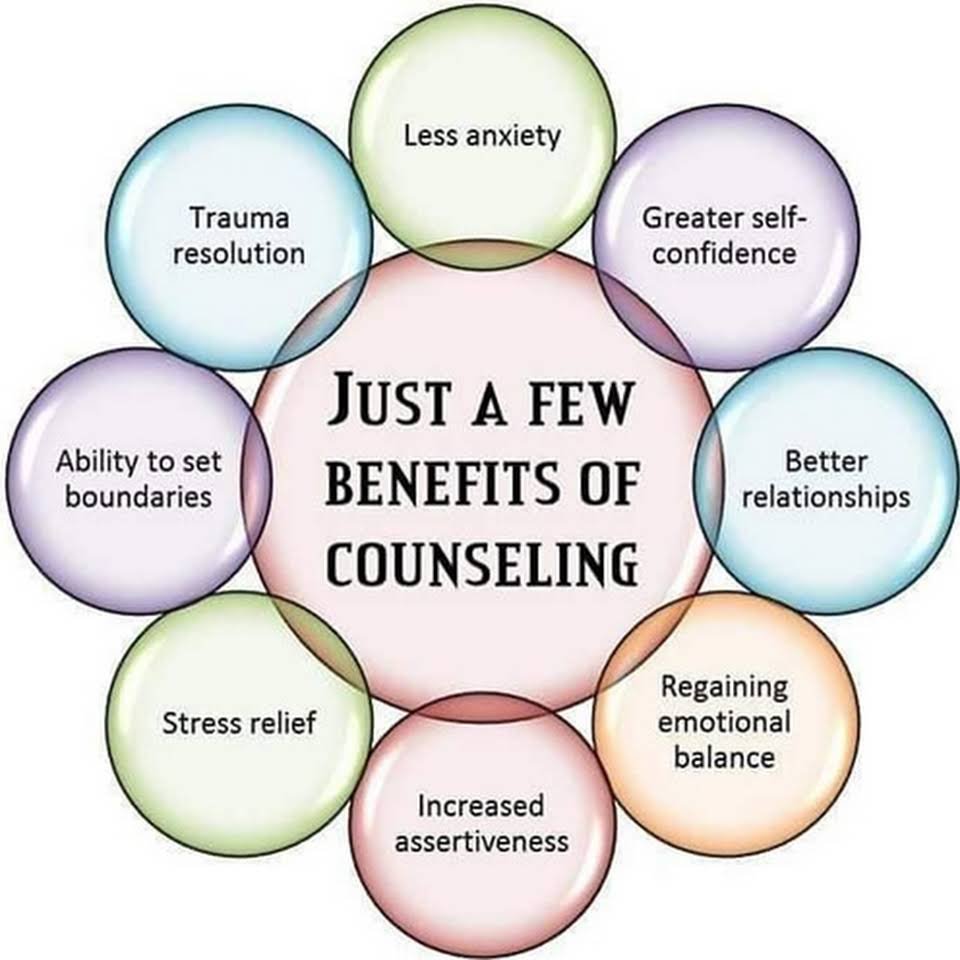Services
Education and Well-being
Because of my training and work as a second-level teacher and educator, I understand and realise the importance of educating people about mental health, what can affect it, and about well-being.
Psychoeducation (providing information, resources and skills to individuals, families and groups on areas related to mental health and well-being) is part of my role as a counsellor.
This is something that I also offer to schools, parent groups, community groups, businesses and organisations. Topics covered include: anxiety; relationships; parenting; bereavment; stress; communication; emotional distress; coping strategies; dealing with conflict; work-life balance; alcohol and drug use; psychosocial risks in the workplace.
Large companies and organisations have the resources to offer an Employee Assistance Programme (I do some work for one of the largest providers) but for smaller businesses the cost of this is prohibitive. I can provide support and counselling for any employees facing challenges or having to deal with issues which may in turn impact on their work. Please contact me for further information.
This video looks at mental health.
Adult Counselling
Many of the issues that bring adults to therapy, and that I work with, are outlined in the FAQ section of this website.
The way I work with adults depends on the what is the presenting issue. I am trained as an integrative counsellor and psychotherapist, which means that I draw upon a number of theories in working with clients, as different things work for different clients. There is no one-size-fits-all approach.
Respecting diversity and encouraging dialogue is really important in my approach to working with clients, as it is only together that we can decide on what is the goal or focus of therapy, in other words in deciding on what it is that you want to get out of coming to therapy.
Therapy is something that happens which brings about change, otherwise what’s the point in coming to therapy? There is no point in doing therapy, just for the sake of doing it, there must be a shared understanding between client and therapist. This is why I strongly encourage clients to ask questions, to say what is working and not working for them in therapy, of how they might like it to be different. Even if this is difficult for them, that in itself might become the focus or goal of therapy.
Adolescent Counselling
Adolescence (10 - 25 yrs) can be a time of real change and challenge, not just for the adolescent themselves, but also for their parents or guardians. Many challenges and issues can arise during this time, so it is important that if you are seeking counselling for an adolescent that you make sure the therapist has specific training in helping and counselling adolescents.
I have worked with adolescents in schools for nearly 30 years so I understand many of the issues that they face. Not only have I trained in university at post-graduate level in guidance counselling, but I also have undertaken further training so as to meet the standards for working with clients under 18 years as outlined by the IACP. I work with children aged 10 upwards.
The most important thing when parents or guardians make contact with me regarding an adolescent coming to see me is whether the adolescent themselves want to engage with me and understand why it may be of help to them.
It can be scary or daunting for an adult to engage in therapy, so this can be magnified for a young person. However, very often any fears or worries they may have about coming to see me can be addressed and worked through.
“Not everything that is faced can be changed, but nothing can be changed until it is faced.”
— James Baldwin



